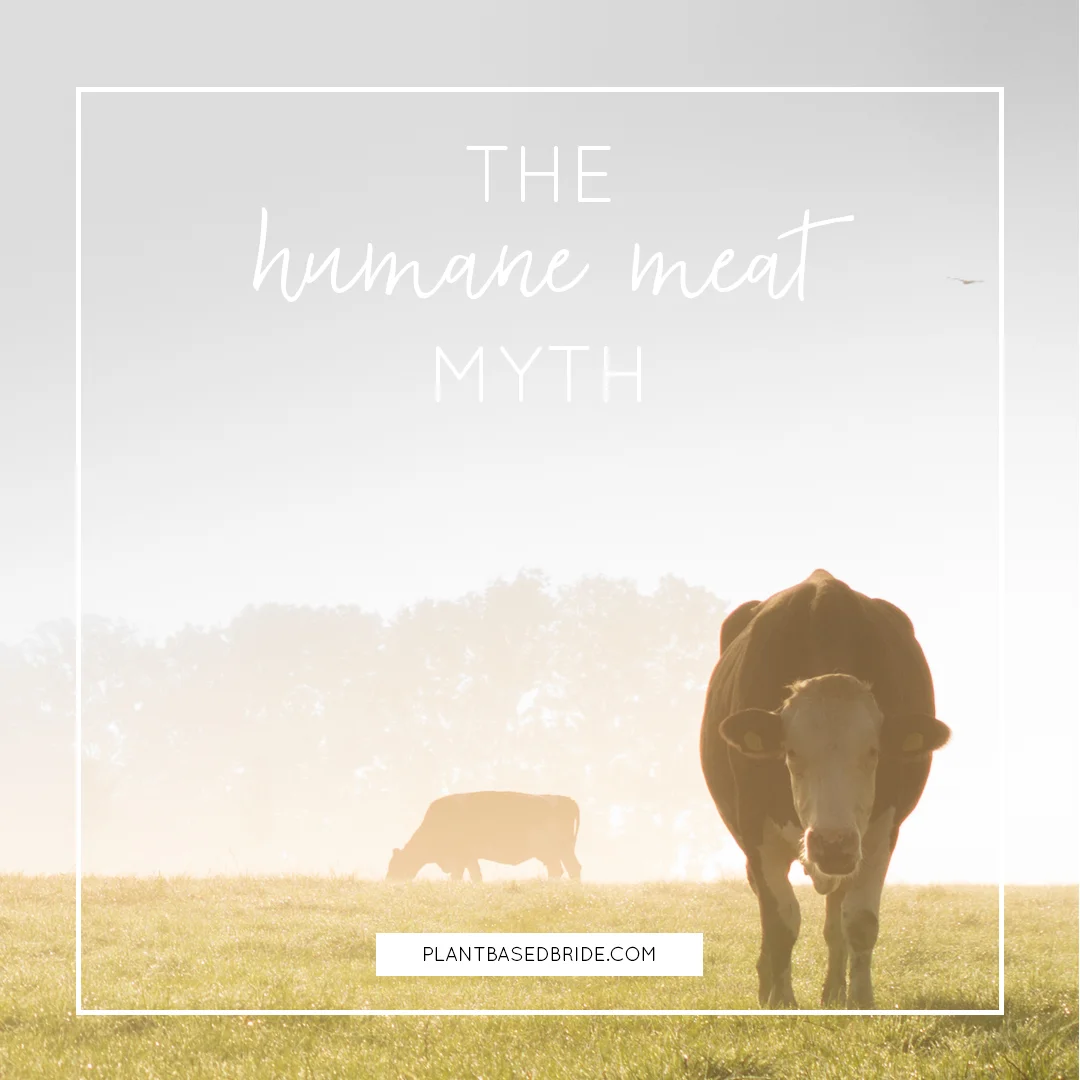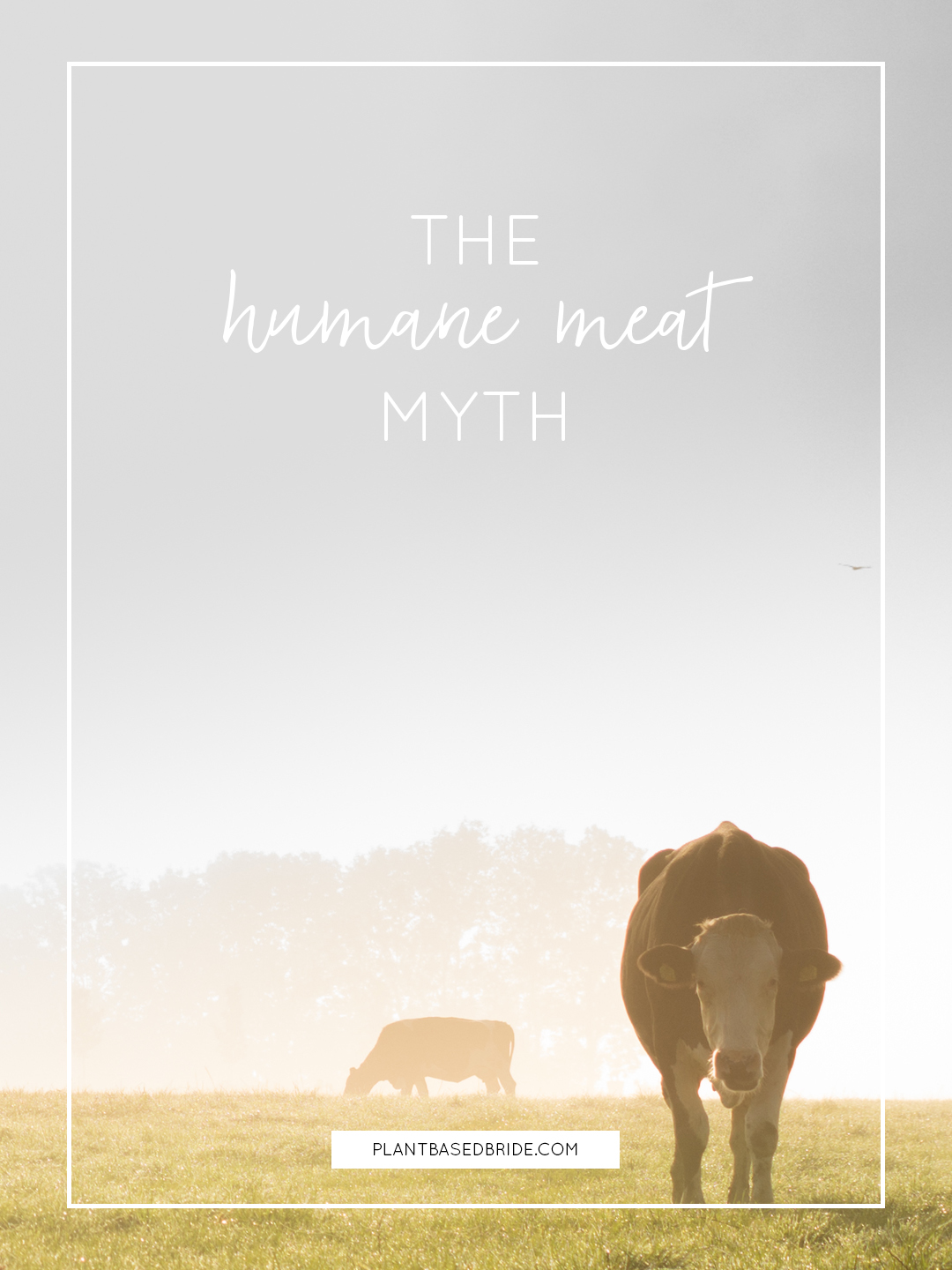
the blog.
Eating Eggs Doesn't Harm Chickens #VeganMythBuster
Today’s myth that needs busting is that eating eggs doesn’t harm chickens. (Thanks Martha for the suggestion!)
The truth is that eggs are a chicken’s period. Do you think once the hen can no longer have a period she’ll be allowed to live on the farm?
Today’s myth that needs busting is that eating eggs doesn’t harm chickens. (Thanks Martha for the suggestion!)
The truth is that eggs are a chicken’s period. Do you think once the hen can no longer have a period she’ll be allowed to live on the farm?
Watch the video here or on YouTube:
While chickens can live up to 14 years on average, hens only lay eggs for about two of those years. Once she’s done producing eggs, she will be sent to the slaughterhouse and used for meat.
But let’s go back to the beginning. When the chicks are born they will be quickly separated, males from females. They will never see their mothers and many die from the rough treatment in automated sorting machines. The females are kept and raised to lay eggs, but what about the males that are of no use to the egg industry? They will either be thrown in trash bags to suffocate or ground up alive. Babies, only days old, are GROUND UP ALIVE. By the hundreds of millions.
Life for the females may be longer, but is full of suffering nonetheless. Crammed into tiny battery cages, 5 to 11 hens in each, they are stacked on top of each other allowing the filth from cages above to drop into those below. Dead and diseased hens may be left to decompose in the cages with the living (who are producing eggs for human consumption, mind you), causing further death and disease.
Due to the crammed and stressful living conditions the birds are subjected to, farmers clip off the tips of their sensitive beaks, full of nerve endings, to prevent hens pecking each other to death.
In nature, chickens lay from 10 – 20 eggs per year (which is enough to ensure the continuation of the species). Over time, hens used on egg farms have been selectively bred and genetically manipulated to produce as many as 260 – 300 eggs per year. This causes an extreme unnatural burden on their bodies that leads to health problems such as fatal disorders of the reproductive tract.
Many turn to organic or "free-range" eggs, under the impression that the hens live happier lives. Unfortunately, that is not necessarily the case. Labels on egg cartons, other than "organic", are not subject to any government regulations. That means that there is no government body keeping tabs on the conditions at egg farms ensuring that birds are treated humanely and approving "free-range" status.
Many organic and “free-range” farms are just like factory farms in the way they crowd thousands of birds into sheds or on muddy lots and debeak the hens. Most hens never have the chance to go outside and breathe fresh, clean air. Male chicks are disposed of in the exact same way as on factory farms and death and disease from less-than-ideal conditions still occur regularly.
On all egg farms, the hens will still be sent to slaughter once egg production stops a mere 7th into their lives. The suffering they experience may be slightly less than those on factory farms, but they are still only allowed to live until they can no longer bring in a profit.
Chickens are smart, funny, and have distinct personalities from one another. They have a sense of time and can communicate using more than 24 different vocalizations, beginning even before hatching. By the time they have broken out of their shell they can recognize their mother's voice. Chickens have very good memories and can not only count, but understand geometry. They are caring beings who develop relationships and learn from observing the habits of others.
They don't deserve to experience only suffering each and every day of their lives; lives that are cut so incredibly short.
So, yes. It DOES hurt chickens when you eat eggs.
And just a quick word on backyard chickens:
- The vast majority of chicks sold as backyard hens come from the same hatcheries that supply factory farms - meaning they never meet their mothers, the male chicks are killed at birth, and they are equally genetically modified.
- Many owners end up killing or abandoning their chickens once egg production slows or stops as the cost of upkeep doesn’t seem worth it once they aren’t getting eggs in return.
- Hens will often eat their own unfertilized eggs to replenish vital nutrients used in their production such as calcium and vitamin D.
So while backyard chickens are likely living far better lives than hens on a factory farm, they are still hurt by being used and valued solely for their reproductive functions.
What myth should I bust next? Let me know in the comments.
Until next time,
Learn more about eggs (including their impact on our health) here:
Are Pets Vegan?
Recently I have been receiving a lot of questions about pets. Should vegans have them? Should anyone own anyone else, human or not? Are you a hypocrite if you have pets but also fight for animal liberation?
I may be slightly biased as someone who shares my home with two wonderful adopted cats, but I'm going to jump into this question all the same.
Recently I have been receiving a lot of questions about pets. Should vegans have them? Should anyone own anyone else, human or not? Are you a hypocrite if you have pets but also fight for animal liberation?
I may be slightly biased as someone who shares my home with two wonderful adopted cats, but I'm going to jump into this question all the same.
Watch the video here or on YouTube.
What are your thoughts on vegans (or anyone for that matter) having pets/companion animals? Let me know in the comments below!
Until next time,
Non-Human Animals Crash Course Philosophy Response
Crash Course is a hugely popular YouTube channel with over 5.4 million subscribers. Their Philosophy series is widely watched, and often very well received. Recently they published the 42nd episode in the series all about the treatment of non-human animals, that has already been viewed more than 190,000 times.
Here is my response to the video.
Crash Course is a hugely popular YouTube channel with over 5.4 million subscribers. Their Philosophy series is widely watched, and often very well received. Recently they published the 42nd episode in the series all about the treatment of non-human animals, that has already been viewed more than 190,000 times.
Here is my response to the video.
Watch the video here or on YouTube.
Watch the original Crash Course video here:
What are your thoughts on Crash Course Philosophy Episode 42? Let me know in the comments below!
Until next time,
The Humane Meat Myth
As more and more information regarding the cruelty of factory farming comes to light, the general public is clinging to the idea of 'humane' meat as an alternative.
The problem? Humane meat doesn't exist.
As more and more information regarding the cruelty of factory farming comes to light, the general public is clinging to the idea of 'humane' meat as an alternative.
The problem? Humane meat doesn't exist.
Excluding the possibility of cultured or clean meat becoming available and then affordable in the future, we have no way of producing meat for human consumption humanely.
Let's first look at the definition of humane:
hu·mane
(h)yo͞oˈmān/ adjective
having or showing compassion or benevolence.
"regulations ensuring the humane treatment of animals"
synonyms: compassionate, kind, considerate, understanding, sympathetic, tolerant.
So, for something to be humane, it must be compassionate.
The question becomes, is it actually possible to raise and kill animals for meat compassionately?
The answer is no.
Compassion requires concern for the suffering of others, and a refusal to contribute to that suffering.
Animals can and do suffer, not just on factory farms, but on all farms.
All farms that raise animals for meat see their animals as commodities, not as individuals. Anyone who placed the health and happiness of an individual before profit would never kill someone they purport to care about.
What about standard farming practices that cause unnecessary pain and fear? What about branding, dehorning, castration, and the separation of babies from their mothers hours after birth?
These practices are standard, meaning they are not seen as cruel and are widely practiced throughout the animal agriculture industry.
And then, of course, there is always that nagging fact that for us to eat meat, we have to murder an individual. No matter how 'happy' a cow may be during her life, even after all of those standard practices in farming that cause her to suffer, she will still be slaughtered long before her natural death would have occurred. Cows, pigs, and chickens feel terror and pain when they are killed - this is not speculation, it is a fact.
Even the transportation to the slaughterhouse is a traumatic one. Packed into a truck with no room to move, often subjected to extreme heat and/or cold, and forced to urinate and defecate where they stand leads to confusion and terror.
All animals, no matter where they are raised, will end up in a slaughterhouse that uses the same practices as every other slaughterhouse. Practices that routinely cause individuals to be skinned or dismembered alive. How can this unnecessary and violent end to their lives be seen as anything else but suffering?
How could this ever be considered humane?
Until next time,



































